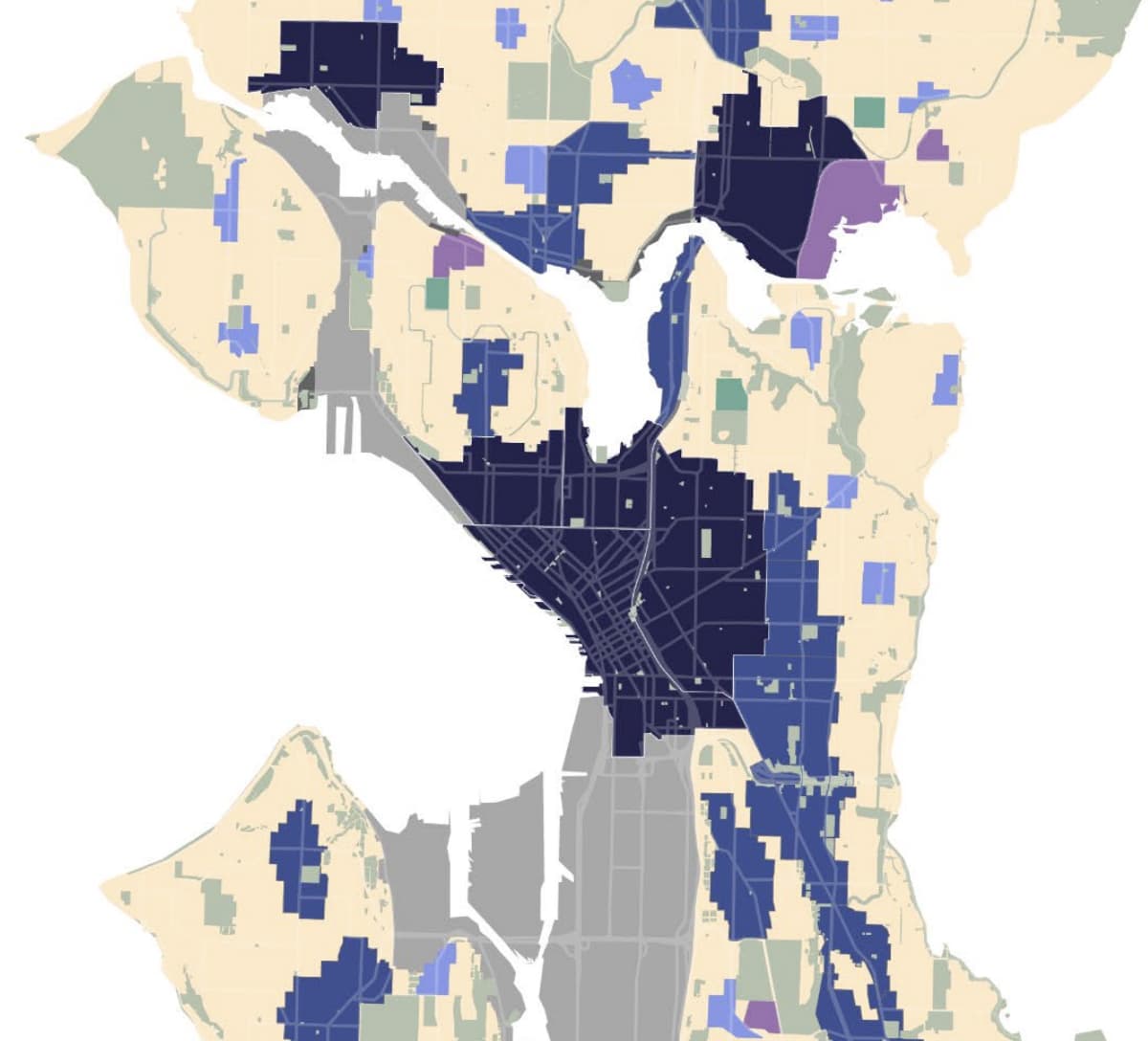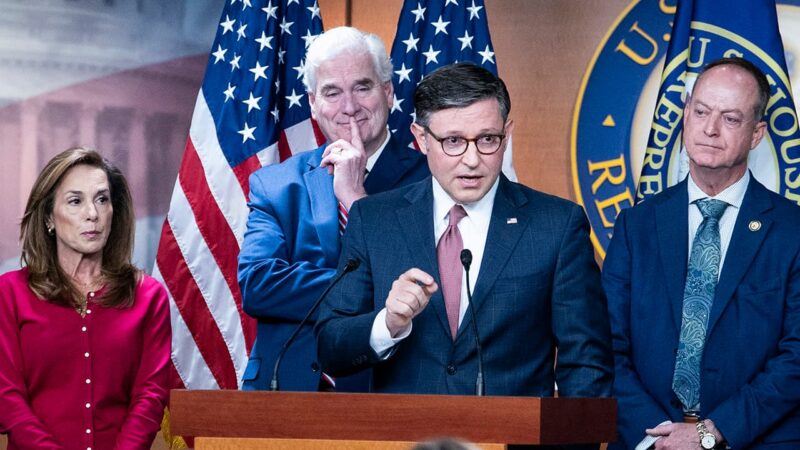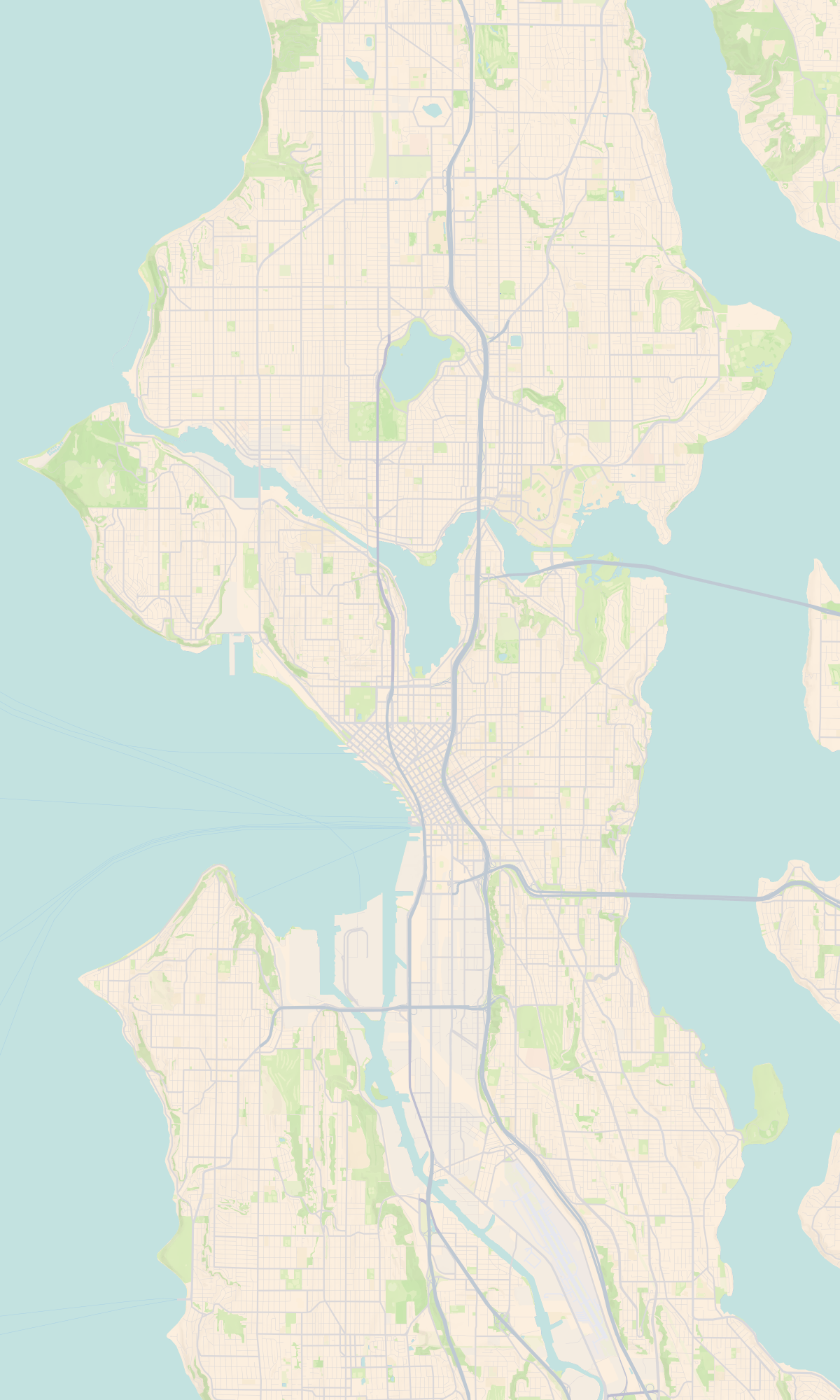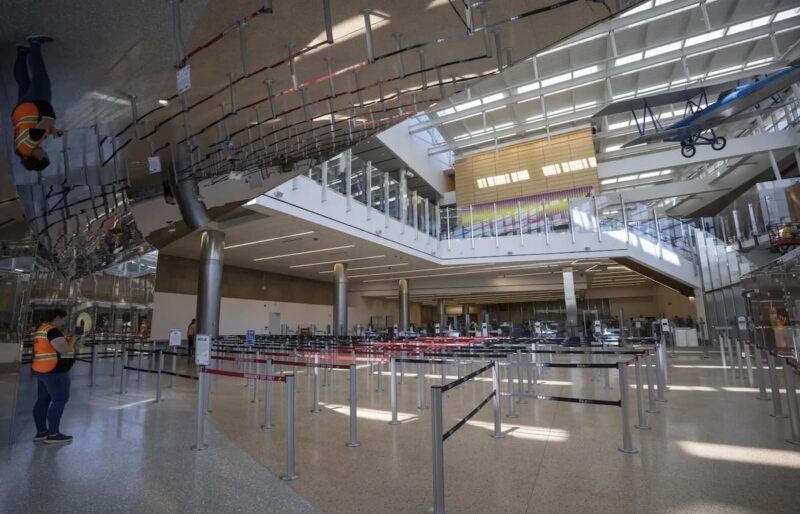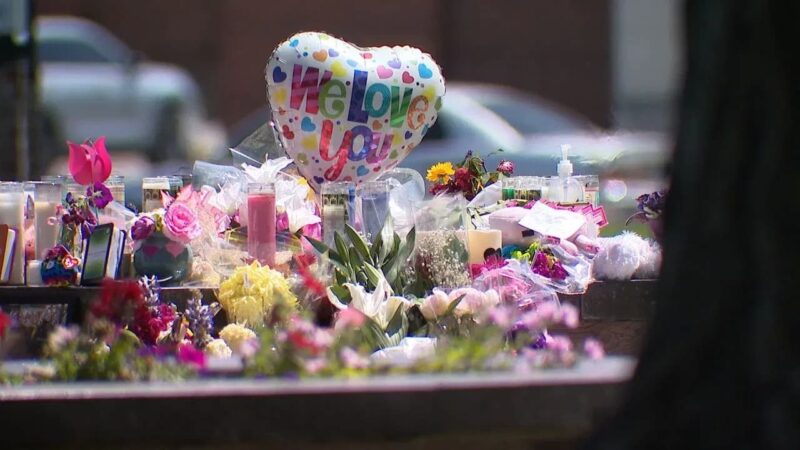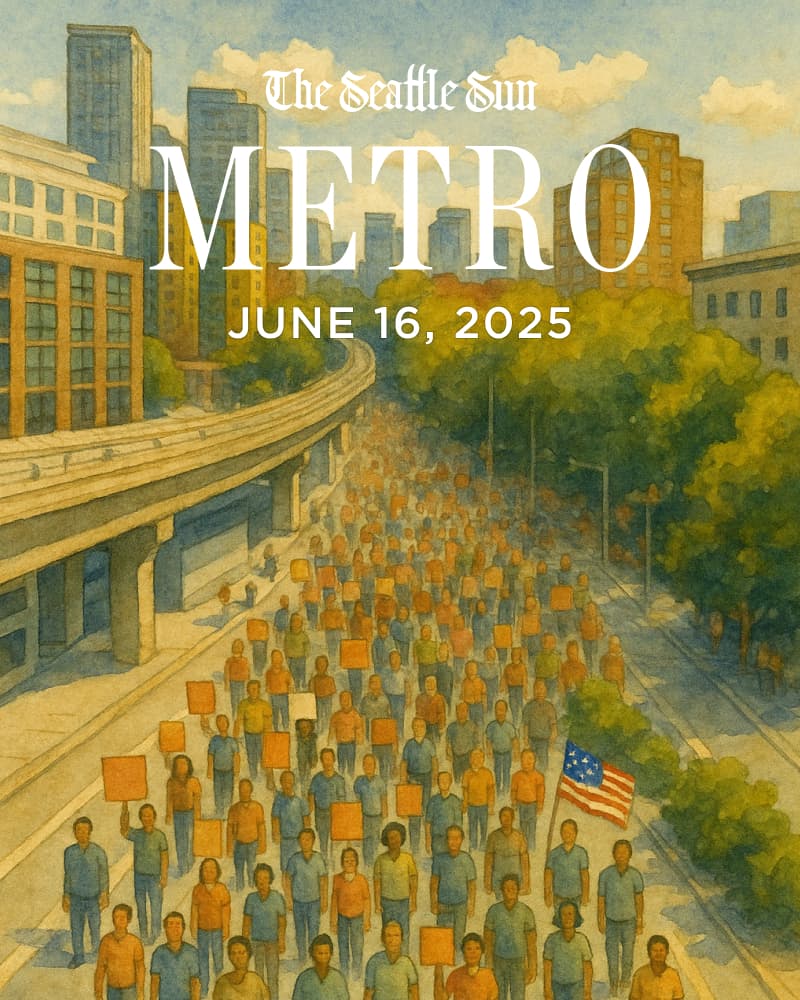Seattle city planners have delivered the finalized One Seattle Comprehensive Plan to the City Council, setting the city’s course for managing housing, growth, and infrastructure through 2044. The plan replaces the 2015 Seattle 2035 framework and represents the most significant overhaul to Seattle’s land use strategy in decades. It arrives after several rounds of public comment and technical refinements, locking in both the city’s overall growth strategy and the detailed land use map that will guide future zoning legislation.
The updated plan responds to new state laws that require Seattle to allow more housing types in residential neighborhoods, expand affordable housing, and integrate climate resilience into long-term planning. It anticipates capacity for about 330,000 new homes over the next 20 years — roughly double the city’s current capacity — while aiming to distribute growth more widely across the city and reduce the market pressures that drive up housing costs.
Regional Centers
The plan designates seven Regional Centers, which will serve as hubs for high-density housing, jobs, and commercial activity with strong connections to the regional transit system. Ballard is newly classified as a Regional Center under the final plan, alongside existing centers such as Downtown, University District, and Northgate. Several Regional Centers saw boundary expansions since earlier drafts, including Uptown and First Hill/Capitol Hill, to reflect planned light rail service and walkability standards. These areas are expected to accommodate approximately 100,000 housing units citywide, including high-rise apartment and condominium towers.
Urban Centers
The plan formalizes 26 Urban Centers, previously known as Urban Villages, where moderate-density growth will continue to be concentrated near light rail and frequent transit corridors. A new Urban Center is established at Pinehurst-Haller Lake, adjacent to the upcoming NE 130th Street light rail station. Eight existing Urban Centers were expanded or reconfigured to reflect transit access and allow for a greater mix of housing types. Urban Centers will generally support 3- to 8-story buildings, with allowances for taller development near key transit hubs. These areas are projected to accommodate about 65,000 additional housing units across the city.
Neighborhood Centers
Neighborhood Centers are a new addition to Seattle’s growth strategy, reflecting an effort to spread housing growth more broadly while still preserving walkable neighborhood character. The plan identifies 30 Neighborhood Centers across the city, located around existing business districts and bus rapid transit corridors. Buildings in these areas would generally range from 3 to 6 stories, with particular focus on 5- to 6-story multifamily apartment and condominium development. Across all Neighborhood Centers, capacity is estimated for approximately 65,000 new housing units.
Urban Neighborhoods
The biggest structural change to Seattle’s zoning map comes in areas previously designated as single-family neighborhoods. The plan replaces those designations with Urban Neighborhoods, where a wide range of middle housing types — including duplexes, triplexes, fourplexes, sixplexes, townhomes, cottage courts, courtyard apartments, and stacked flats — will be allowed. These changes bring Seattle into compliance with state legislation (HB 1110) requiring middle housing options citywide. In most locations, up to 4 units per lot will be permitted, with up to 6 units allowed near frequent transit or when affordable units are included. Higher-density multifamily housing is also planned along arterial corridors served by transit, which will be addressed through future zoning legislation. In total, Urban Neighborhoods — including arterials — are expected to accommodate over 100,000 new housing units.
Next Steps
The City Council will first vote on adopting the comprehensive plan itself, likely later this year. That adoption will trigger a two-stage legislative process to update zoning across the city. In 2025, Seattle will implement citywide zoning changes to fully comply with HB 1110. In 2026, more detailed “Centers and Corridors” zoning legislation will follow, setting specific building heights, density allowances, and development standards for the new growth areas identified in the plan. Adoption of the plan is required for Seattle to remain in compliance with state law and to retain eligibility for state and federal transportation and infrastructure funding.

